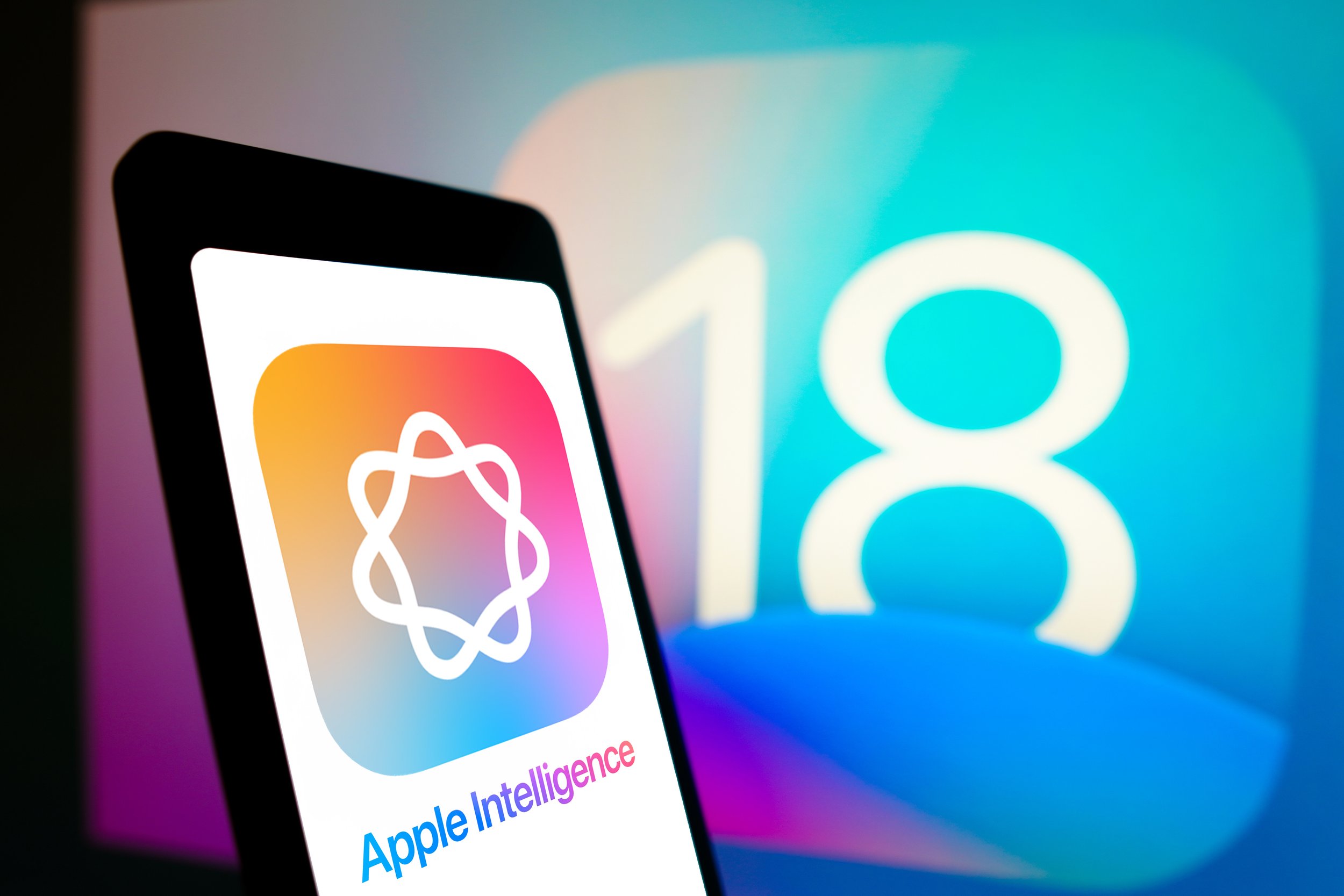Apple's AI Revolution: Potential Impacts on Businesses, Both Positive and Negative
Apple’s WWDC 2024 has introduced a sweeping AI strategy that promises to transform the business landscape. Branded as "Apple Intelligence," this initiative showcases a series of AI-powered enhancements that are set to redefine how businesses operate, innovate, and interact with customers. However, as with any major technological advancement, these changes come with both opportunities and challenges. Here’s an in-depth look at how Apple’s AI announcements may impact businesses, both positively and negatively.
Positive Impacts on Businesses
1. Enhanced Productivity and Efficiency
One of the most significant benefits of Apple’s AI features is the potential for increased productivity. The integration of advanced AI capabilities in iOS 18 and iPadOS 18 can automate repetitive tasks, streamline workflows, and optimize operations. Features like AI-driven email summarization, response generation, and automated photo editing can save employees considerable time, allowing them to focus on more strategic tasks.
2. Improved Customer Interaction
The new and improved Siri, powered by advanced natural language processing (NLP) and OpenAI's ChatGPT, can enhance customer service and support. Businesses can leverage Siri to provide more accurate, contextually relevant responses to customer queries, reducing response times and improving customer satisfaction. The ability to handle complex tasks and maintain conversational context will make virtual assistants more reliable and efficient.
3. Innovative Marketing and Content Creation
Apple’s AI capabilities extend to creative tasks, such as generating text, summarizing emails, and creating custom images with the Genmoji feature. These tools can help marketing teams produce high-quality content quickly and efficiently, allowing for more dynamic and personalized marketing campaigns. AI-driven photo editing and organization in the Photos app can also streamline content management processes.
4. Advanced Data Analytics and Insights
Apple Intelligence provides powerful APIs for natural language processing, computer vision, and machine learning, enabling businesses to harness the full potential of their data. These tools can facilitate advanced data analytics, uncovering actionable insights that drive informed decision-making. Businesses can use AI to analyze market trends, customer behavior, and operational performance, leading to better strategies and outcomes.
5. Enhanced Developer Ecosystem
Apple's new AI tools and frameworks empower developers to create more intelligent and contextually aware applications. The enhancements to Xcode and SwiftUI will streamline the development process, fostering innovation and enabling businesses to deliver cutting-edge solutions faster. This can lead to the development of new products and services that offer competitive advantages.
Negative Impacts on Businesses
1.Implementation Challenges
While the potential benefits of Apple’s AI features are substantial, implementing these technologies can be challenging. Businesses may face difficulties in integrating AI into their existing systems and workflows. The need for specialized knowledge and expertise to effectively deploy and manage AI solutions can also be a barrier, especially for smaller companies with limited resources.
2. Privacy and Security Concerns with OpenAI Integration
Despite Apple's emphasis on privacy and security, the integration of OpenAI's ChatGPT into Siri raises significant concerns about data protection. When using OpenAI as the backend, businesses must ensure that sensitive information processed by AI tools remains secure. There are potential risks associated with data transmission and storage on third-party servers, even with Apple's Private Cloud Compute. Ensuring compliance with privacy regulations and safeguarding user data will require careful consideration and robust security measures.
3. Cost Implications
Adopting Apple’s AI technologies may involve significant upfront investment in new hardware, software, and training. Businesses will need to evaluate the return on investment and consider the long-term financial impact of integrating AI into their operations. The cost of continuous updates and maintenance could also be a concern for some companies.
4. Dependence on Apple’s Ecosystem
Businesses that heavily invest in Apple’s AI solutions may become increasingly dependent on the Apple ecosystem. This dependency could limit flexibility and increase vulnerability to changes in Apple’s policies, pricing, or technology direction. Companies must weigh the benefits of Apple’s AI capabilities against the potential risks of vendor lock-in.
5. Uncertainty and Market Reaction
While there is optimism about Apple’s AI initiatives, there is also uncertainty about their long-term impact. The mixed reception from analysts and the cautious response from the stock market suggest that businesses should adopt a measured approach. Companies need to monitor how these AI advancements evolve and adapt their strategies accordingly.
Conclusion
Apple’s AI announcements at WWDC 2024 herald a new era of innovation and efficiency for businesses. The potential for enhanced productivity, improved customer interaction, and advanced data analytics is immense. However, businesses must navigate the challenges of implementation, privacy concerns, cost implications, and dependence on the Apple ecosystem.
At Pythius Labs, we understand the complexities of adopting new technologies and are committed to helping businesses harness the transformative power of AI. Our expertise in AI strategy development, consulting, and custom AI product development can guide you through the journey of integrating AI into your operations, ensuring that you maximize the benefits while mitigating the risks. Contact us today to learn how we can support your AI initiatives and drive your business forward in this rapidly evolving landscape.

